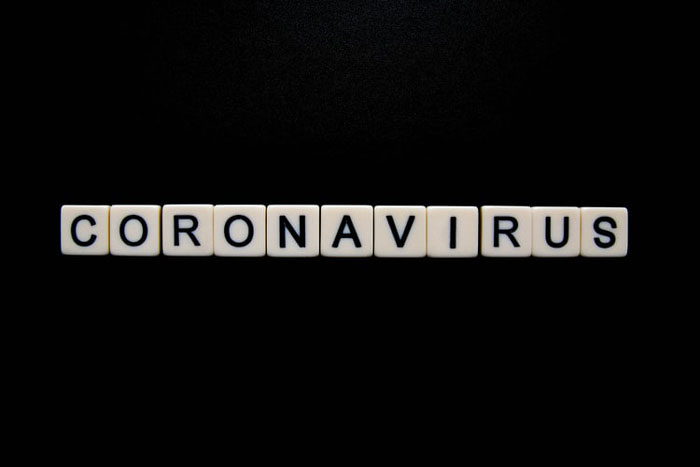Nowadays chances are you can meet your partner coming in and learn that their test showed COVID-19 positive result. It is overwhelming news, indeed! You have to take measures, because when you have a family member infected it raises your risk to fall ill to 50%. So you get torn between the desire to look after the ill person and protect yourself (and other household members) from catching the disease. We can help you with this formidable task.
Ensure their getting basic care
Make sure the sick member takes the prescribed medicine and minds the doctor-guidelined routine.
It can be that after about seven days of manifesting symptoms they will pass off, and the person will find himself on the way to recovery.
Purchase official medication for fever and mark if it works towards recovery.
Give the sick person enough beverages to drink and see that they get plenty of rest.
Arrange the delivery of groceries, medication, and stuff they need; choose a trusted delivery service to minimize the risk.
If they have pets or pets, they shouldn’t be allowed near the sick individual, but should be kept separately; you may help by looking after them.
Arrange for a test
As soon as you learn that a member of your family has shown positive for COVID-19, you would do well to undergo a COVID-19 PCR test at the nearest opportunity.
Mind that if the test showed negative, it unfortunately doesn’t mean that you are not infected. It can be that the viral level is too low to be detected, and the result will be negative although you are beginning to get ill. To make perfectly sure you have to take a second COVID-19 PCR test in about 5 or 6 days after the first one.
Doctors state that with one family member infected, the other members, as well as people close to the family, had better be treated as positive.
Arrange for a limited contact
The Trusted Source guidelines laying out the principles of caring for COVID-19-infected person, as well as the Centers for Disease Control and Prevention (CDC), offer the following advice:
The COVID-19-infected member ought to be separated from the rest of the household.
The COVID-19-infected person should if it can be arranged, use a bathroom and a bedroom of their own.
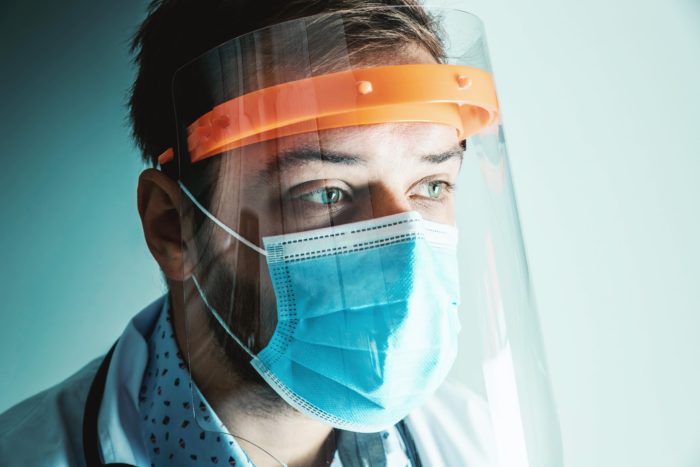
The other family members had better keep a distance of six feet or more from the infected member.
The infected family member ought to remain in quarantine for two weeks after the positive result or the manifestation of symptoms; in worse cases, the term must be prolonged.
Most of the contact time, if you stay away far enough you will be exposed to only a small dose of the virus. The closer you get, the more the dose is likely to be.
Let in fresh air
Good ventilation is essential, so make sure the windows are open as often as possible, all the time if it can be done. Turn the heat up when it is cold, but ventilate regularly.
Doctors say the virus stays in the room air in tiny drops which can infect people around, so you will want the air to blow them away.
Mask or No Mask?
A mask is definitely necessary protection. The best bet is a surgical one, a cloth one is not so good, but it serves the purpose. If you are caught in a situation and have no protection, pull up your upper clothes over your mouth and nose to play safe.
Goggles make good protection for the eyes because the mucus membranes are very susceptible to the virus when there are COVID-19-positive people around.
Hands must be washed and surfaces disinfected periodically
Make a point of washing your hands using soap unhurriedly, make sure you do it after you were in the company of an infected person. If no water at hand, make use of a sanitizer choosing one with 60% alcohol content and higher.
Until you have treated your hands, don’t touch your face, mouth, eyes and nose especially.
Detect in your home the items and surfaces that are touched and handled constantly, and disinfect them as often as you deem necessary, including doorknobs, switches, surfaces of tables and desks, toilets and faucets, not forgetting gadgets and electronics.
Use separate rooms for eating
It is better if the infected member takes his or her food in the bedroom apart from others.
When you set about washing used dishes and kitchenware, do it in gloves with hot water. Put on gloves before you collect dishes, spoons, forks and cups handled by the sick individual. Put them in a dishwasher or wash with hot water and soap.
When you have dealt with the kitchenware and took off the gloves, wash, and/or clean your hands.
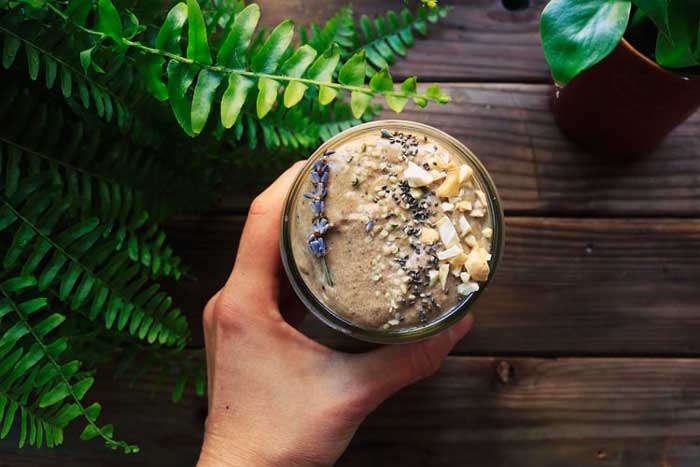
Forgo sharing personal things
It is definitely an unworthy idea to share plates and glasses, towels, and blankets with your infected relative. Don’t lend them your tablet, smartphone, or other gadgets.
Control your eating habit
Mind that you stick to healthy eating habits – in a stressful situation like this people are apt to put on weight, but excessive weight is one of the factors that could trigger off COVID-19 complications, so a healthy lifestyle acquires great importance during this period.
A more severe case can develop as a result of diet-related conditions like hear diseases, obesity, and diabetes.
A well-balanced diet stands for good metabolism which can influence the progress of the illness to a great extent.
Be Watchful for emerging symptoms
Keep the family doctor’s number in the list of your important numbers.
Once you have noticed distinct symptoms listed below, call in emergency medical care straightaway:
Difficult breathing
- Unremitting chest pain, feeling of pressure there
- A confused state
- Waking becomes difficult, staying awake requires effort
- Lips or cheeks become blue
This is an incomplete list, so if any of these start to manifest themselves, contact your doctor and run with them through all symptoms to see how hard you are hit.
When one needs the protection of a mask and gloves
An infected person should use protective items all the time when there are people nearby both in the house and on the street. A mask is necessary to keep the virus from passing on to those staying nearby.
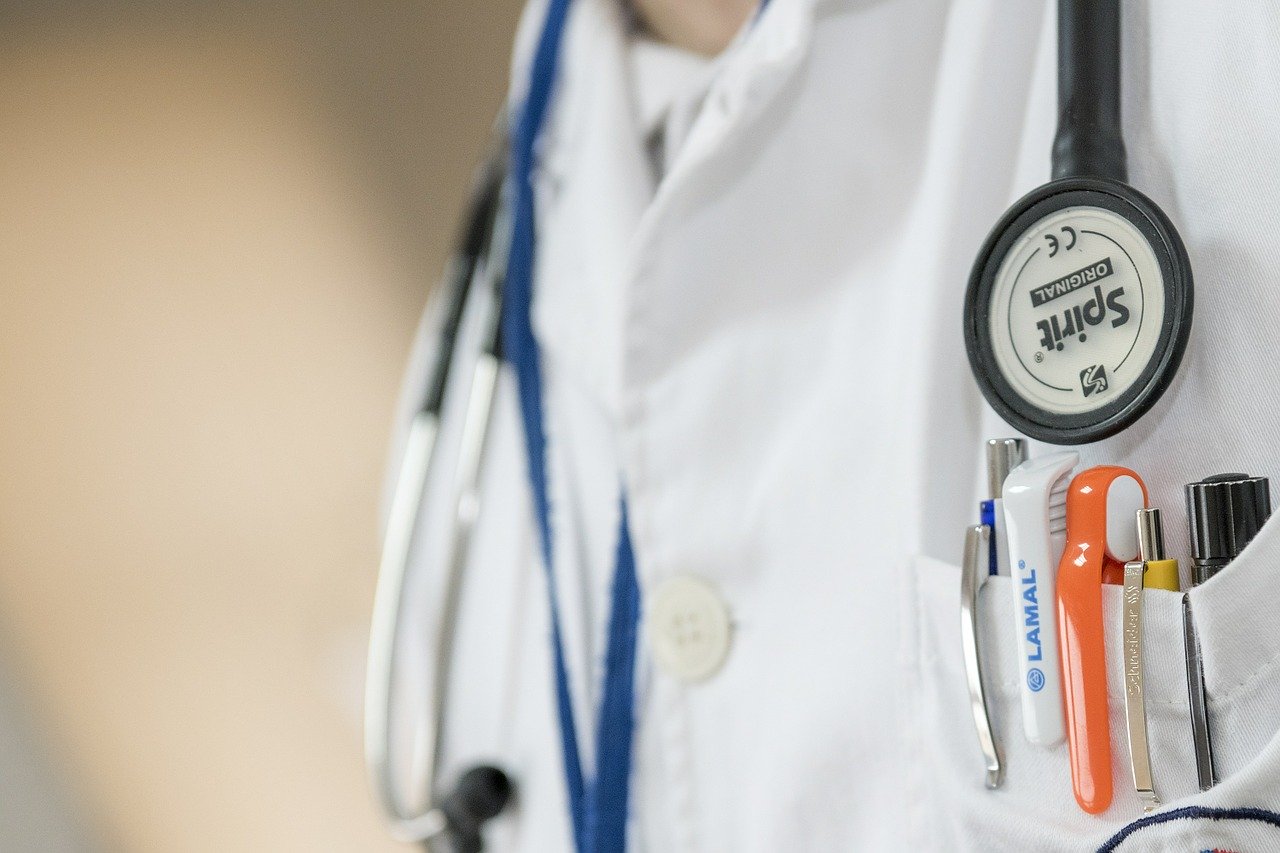
Health specialist
When visiting an infected patient, they ought to be wearing a mask and ask the patient to wear one as well.
If they mean to handle the sufferer’s body fluids, including urine, saliva, mucus, and others, they are to wear gloves; that also goes when they come in contact with the patient’s blood or stool. As soon as they are through with the work, they must discard the gloves immediately and wash their hands with soap and hot water.
Dealing with laundry properly
Never shake soiled laundry.
When you are about to handle soiled laundry, put on disposable gloves first.
All soiled laundry can be washed together including that of the infected family member.
When washing, follow the instructions on the tag, choosing the warmest water temperature.
Discard the gloves instantly and wash your hands thoroughly.
Hot-dry laundry for the best disinfection.
Having placed the clothes in the dryer, go and wash your hands.
Remember the clothes hampers – they should be disinfected too. Again, wash hands.
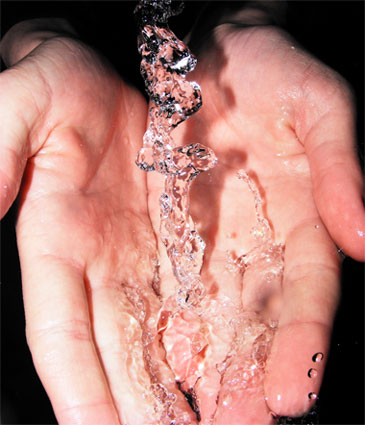
Share your feelings with a friend
You may feel a pressing urge to give vent to your feelings, and want to discuss the situation with a relative or a friend.
It is but natural you should be overcome with a whirlpool of emotions – anxiety, dejectedness, fear, which may interfere with the discharging of day-to-day duties. With a household member tested positive for COVID-19, you will be full of feelings that will bear discussing.
A sympathetic friend or family member can offer you good advice, take away the strain by listening you out and helping you return to your natural self.


